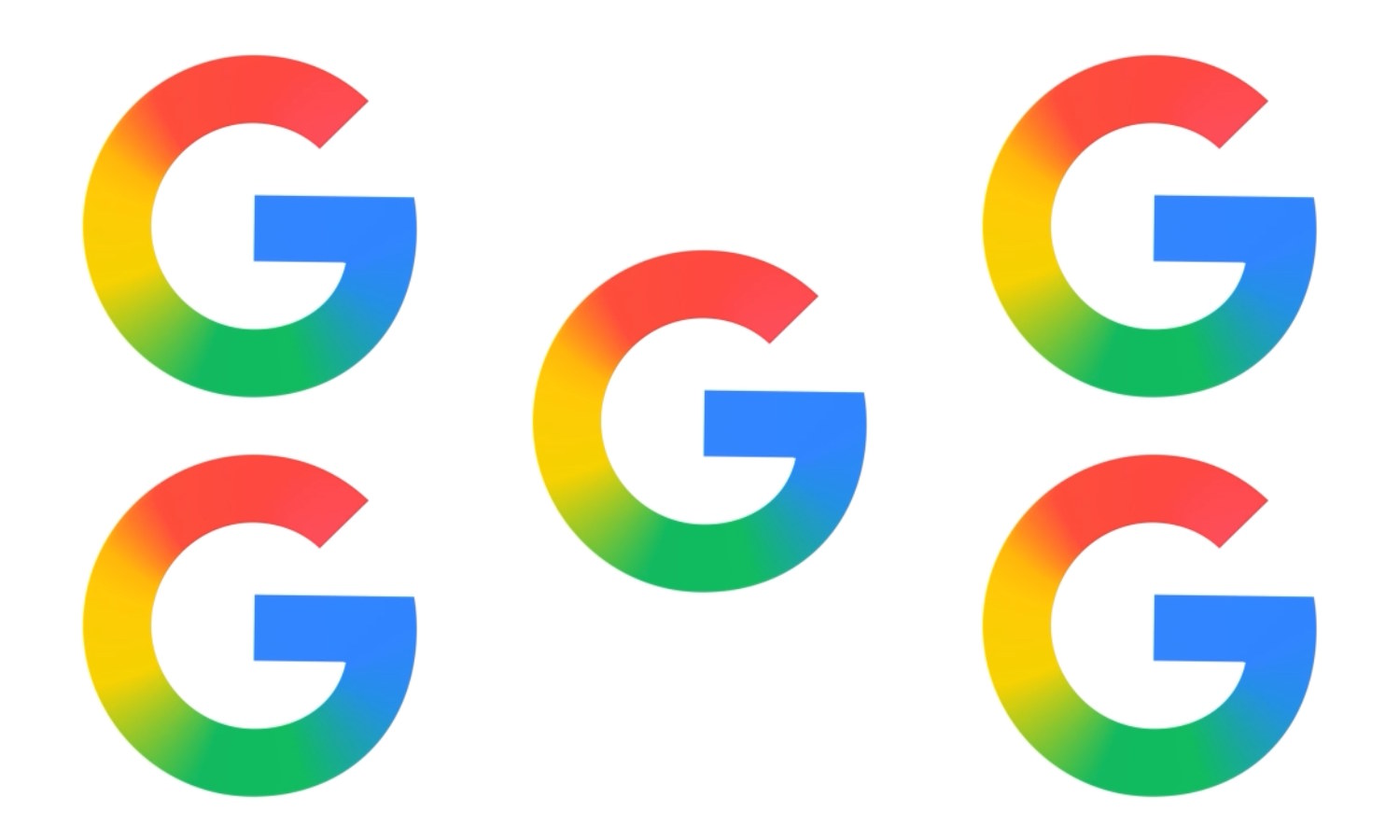
Google has dropped its antitrust complaint against Microsoft in the EU
Just last year, Google lodged an antitrust complaint against Microsoft in the EU. Now, a week into the probe by investigators, Google has had a change of heart and has withdrawn the complaint.
The 2024 complaint was filed by Google Cloud, with Microsoft accused of trying to lock users into its Azure product through licensing of Windows, Office and other software. Just last week, the European Commission launched a series of investigations, and this has been the catalyst for Google’s complaint withdrawal.

Ad-free versions of Facebook and Instagram are coming to the UK – for a price
Meta has announced that it is launching a subscription service in the UK that will let users of Facebook and Instagram pay to avoid ads.
The plan has already been rejected by the European Union, but this does not affect post-Brexit UK. Separate subscription tiers are available for the social platforms’ mobile apps and the web. For anyone unwilling or unable to pay, the Facebook and Instagram experience will remain riddled with ads.

There are at least two problems with the Apple AirPods Pro 3
Apple’s newly announced, soon to launch, AirPods Pro 3 have been greeted enthusiastically by a crowd prone to enthusiastically greeting Apple products. Even before they are available to buy, praise has been heaped upon the latest incarnation of the iPhone maker’s wireless earbuds – but it is not all good news.
While the proclaimed audio quality is laudable, while the new features sound impressive, there are definitely issues with the AirPods Pro 3. And, no, we’re not talking about the price.

EU urged to pause rollout of new AI rules
Businesses and politicians are calling on the EU to pause the rollout of its wide-ranging new AI Act which became law last year. The act relies on technical standards which have been slow to emerge. Provisions of the act such as new rules for General-Purpose AI (GPAI) models, due to apply on August 2nd, still lack essential guidance.
Swedish prime minister Ulf Kristersson has called the new rules ‘confusing’ and said that he worried the continued rollout could lead to Europe falling behind technologically or specific applications not being available on the European market.

Yubico helps more enterprises go passwordless
Hardware authentication company Yubico is announcing the expanded availability of YubiKey as a Service to all countries in the European Union (EU). This allows organizations to be more agile and flexible in their adoption of phishing-resistant YubiKeys.
It's also announced the greater availability of YubiEnterprise Delivery across 117 new locations around the world. This makes it available 199 locations (175 countries and 24 territories) and more than doubles existing delivery coverage of YubiKeys to both office and remote users in a fast and turnkey way.
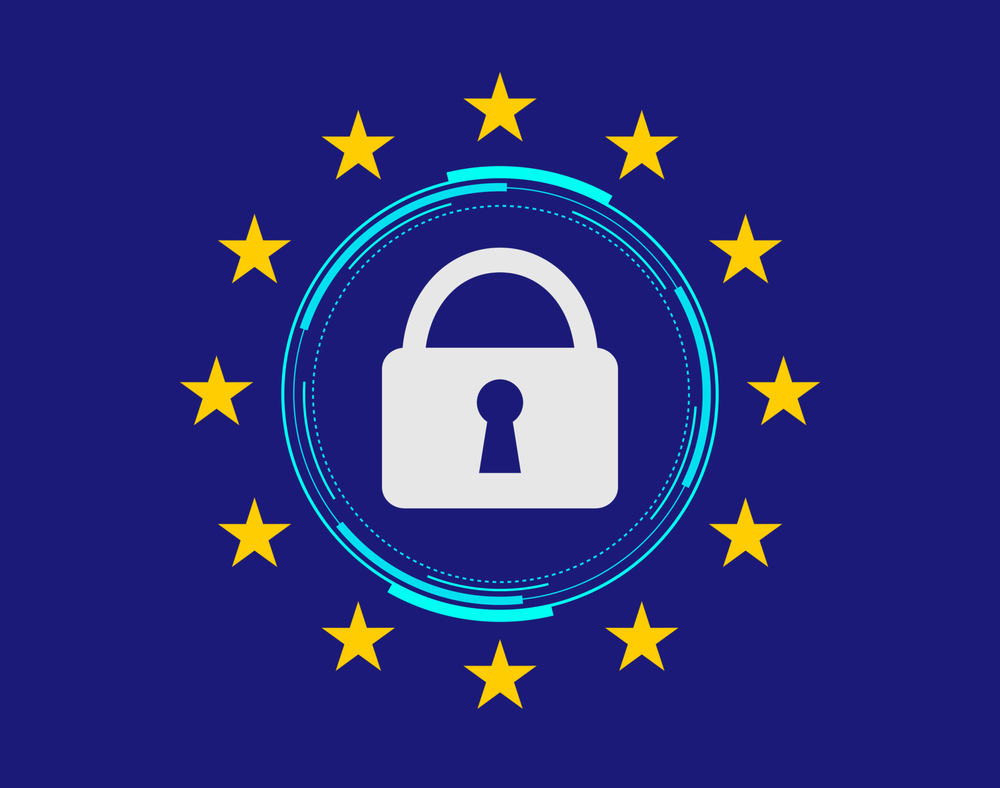
Navigating NIS 2 compliance [Q&A]
As the European Union updated the Network and Information Security (NIS 2) Directive in October last year, many companies were asking: what does it take to comply with this sweeping new regulation? Designed to tighten cybersecurity across critical industries, NIS 2 goes beyond the original directive’s framework, bringing strict rules, wider sectoral reach, and substantial penalties.
We spoke to Sam Peters, chief product officer at isms.online, to find out what businesses need to know to ensure compliance and understand the directive's impact on both operations and reputation.
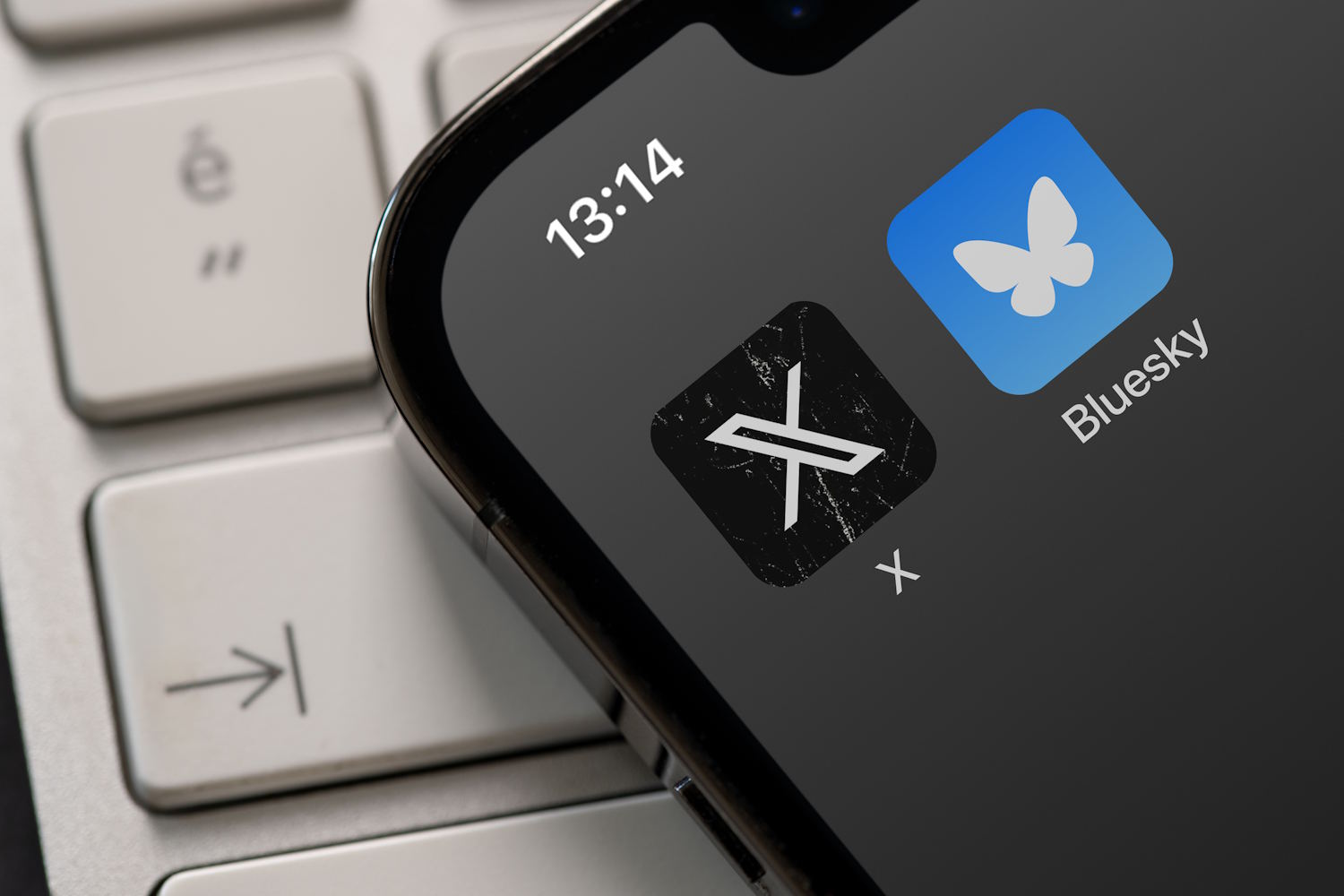
European Commission says Bluesky is breaking European rules
Social media darling Bluesky is wooing users and drawing many away from X. But while the platform is enjoying a meteoric rise in popularity, the European Commission is unimpressed with its failure to disclose information.
The commission points out that all social media platforms operating within the European Union must clearly publish key pieces of information, including how many EU users there are. Bluesky does not do this, nor reveal where the company is legally established.

Google is making YouTube and other services delightfully free of political ads... in Europe
The nature of modern-day politics means that parties of all colors, all leanings, spend millions on advertising -- it is something that was painfully apparent during the run-up to the US presidential election. Technology firms and social media platforms are under a lot of pressure to take steps to prevent election interference, and to increase transparency.
This is something that has been playing out in Europe with regulation on Transparency and Targeting of Political Advertising (TTPA) due to come into force in the EU. With concerns about the, “operational challenges and legal uncertainties” this could lead to, Google has announced that it will not only will stop serving political advertising in the European Union, but will do so before the TTPA comes into force.

Compliance with NIS2 comes at a cost
With the EU's NIS2 directive now starting to roll out, aiming to achieve a high level of cybersecurity across member states, a new survey commissioned by Veeam shows the significant impact implementation is having on businesses.
The study, carried out by Censuswide, reveals that while 68 percent of companies report receiving the necessary additional budget for NIS2 compliance, 20 percent identify budget as being a significant barrier to achieving compliance.

NIS2 could prevent cybersecurity incidents but many businesses aren't ready
The EU's latest Network and Information Security Directive (NIS2) comes into effect on October 18, but new research finds that although nearly 80 percent of businesses are confident in their ability to eventually comply with NIS2 guidelines, up to two-thirds say they will miss this imminent deadline.
The survey from Veeam Software, of over 500 IT decision-makers from Belgium, France, Germany, the Netherlands and the UK, shows 90 percent of respondents reporting at least one security incident that the NIS2 directive could have prevented in the past 12 months.
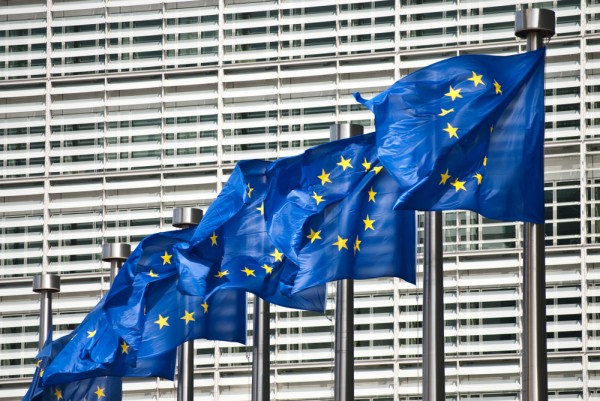
How organizations can master incident reporting obligations under NIS2
The new NIS2 directive is designed to strengthen the cyber resilience of over 160,000 companies that operate in the EU -- either directly or indirectly. Coming into force by 17th October, NIS2 regulations will outline how these essential entities can combat increasingly sophisticated and frequent cyber attacks.
Notwithstanding delays in the implementation of local legislation, the NIS2 directive provides an indication of the compliance obligations affecting those organizations which fall within the scope of the new rules. Ultimately, NIS2 aims to reduce inconsistencies in cyber security resilience by being the “single source of truth” for regulatory bodies to oversee how organizations implement increasingly stringent cybersecurity frameworks. As we have seen in recent weeks, these are crucial, especially during large-scale cybersecurity incidents or crises.
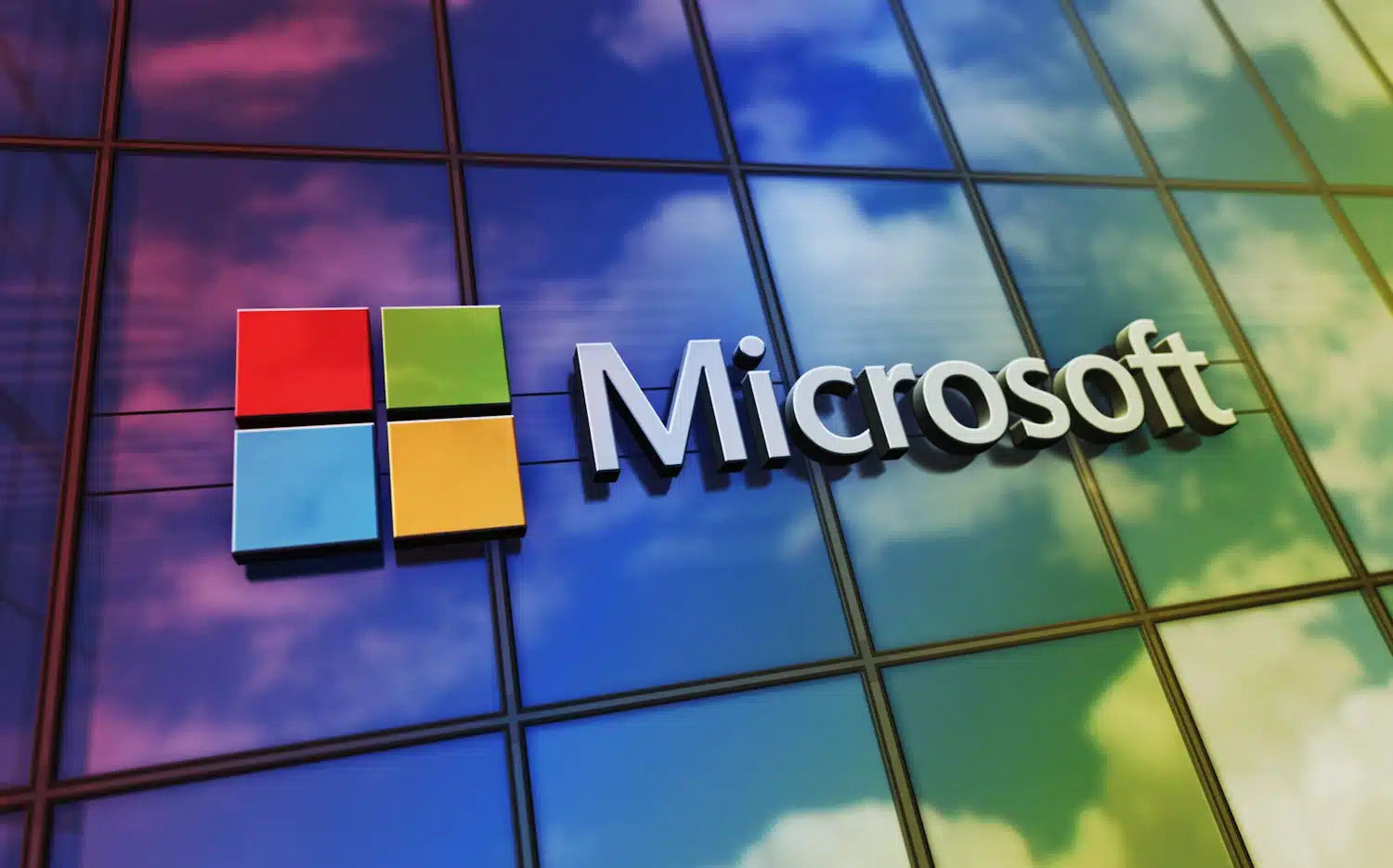
Microsoft is still facing EU antitrust charges despite unbundling Teams from Office
It seems that Microsoft’s attempts to sidestep anticompetition legal action over its Teams software has failed. Although Teams has been -- begrudgingly -- unbundled from Office, the European Commission is believed to be forging ahead with antitrust charges.
Many rivals to Teams, including the likes of Slack, have expressed concern about what they believe to be anticompetitive behavior by Microsoft. Despite Microsoft decoupling Teams from Office and other software, EU officials are of the opinion that the company has not gone far enough to level the playing field.
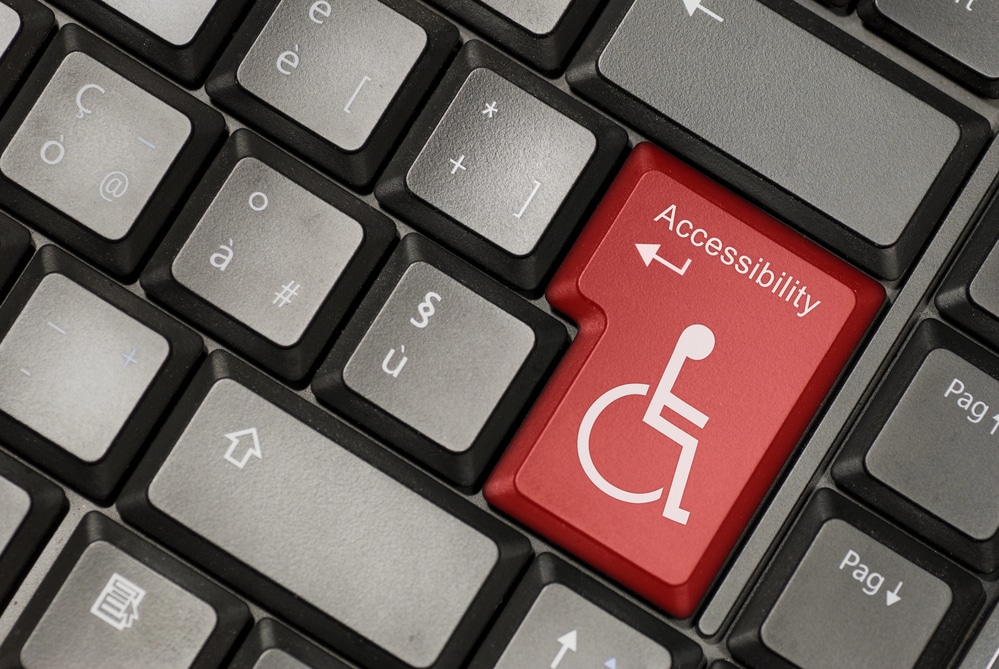
Companies not ready for new European accessibility regulations
In 2025, a new European Accessibility Act comes into force with the aim of ensuring equal access to digital products and services across the EU.
This will apply to all businesses that wish to trade in Europe, but a new report from testing specialist Applause shows that while a third of global companies are on track to comply with the EAA, over third of European companies are trailing behind.
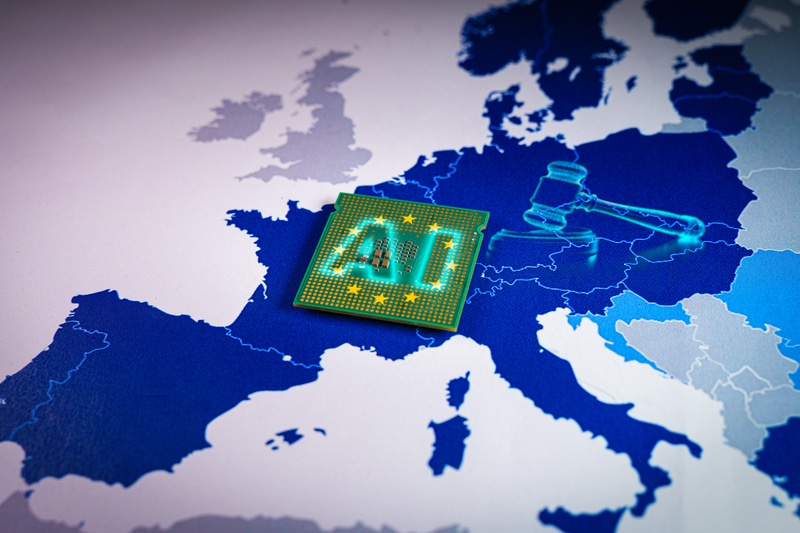
What the EU AI act means for cybersecurity teams and organizational leaders
On March 13, 2024, the European Parliament adopted the Artificial Intelligence Act (AI Act), establishing the world’s first extensive legal framework dedicated to artificial intelligence. This imposes EU-wide regulations that emphasize data quality, transparency, human oversight, and accountability. With potential fines reaching up to €35 million or 7 percent of global annual turnover, the act has profound implications for a wide range of companies operating within the EU.
The AI Act categorizes AI systems according to the risk they pose, with stringent compliance required for high-risk categories. This regulatory framework prohibits certain AI practices deemed unacceptable and meticulously outlines obligations for entities involved at all stages of the AI system lifecycle, including providers, importers, distributors, and users.
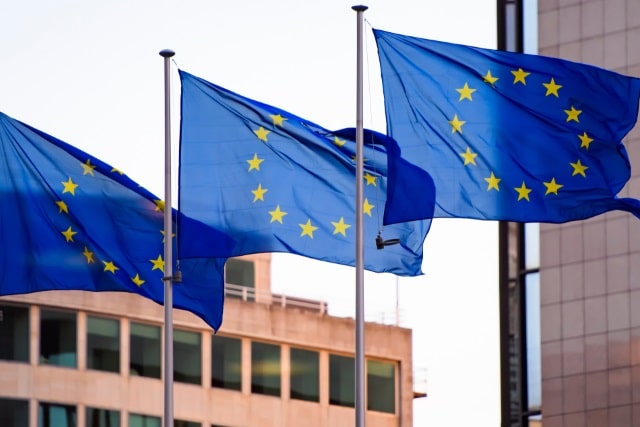
EU opens non-compliance investigations against Apple, Alphabet, and Meta (but not Microsoft)
The European Commission announced today that it has opened non-compliance investigations against Apple, Alphabet, and Meta. The three companies make up one half of six gatekeeper companies under the Digital Markets Act (DMA).
So-called gatekeepers have a strong position in a market, which may give them an unfair advantage over competing platforms and services. Platforms such as Windows, Google Android, and iOS are gatekeepers, but so are YouTube, Google Search, Google Ads, Chrome, or Safari. The full list of gatekeepers is available here.
